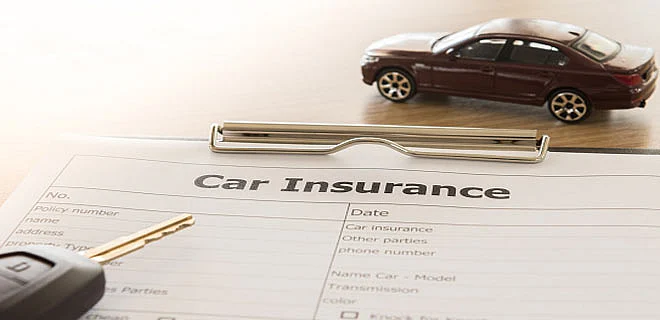The No Claim Bonus (NCB) incentivises car policyholders for being a safe driver. It is a lot like the NCB you get for not using your health cover. If you do not lodge a claim for an entire year while your policy is in force, the insurer will give you a discount during the renewal of your car insurance premium the next year.
This starts at 20 per cent and caps out at 50 per cent for no claims for five years, meaning that the longer that you go without making a claim, the less your premium will be at renewal.
Essentially, you are getting a reward for not needing insurance. NCB applies only when you have a comprehensive cover and not when you hold just a third-party damage cover.
Whenever you make any claim for your own damage, your NCB resets to nil. You do not retain any partial NCB. With NCB, you can lower your premiums at every renewal. Also, if you have NCB on the policy of an existing car, it can be used to claim NCB on the insurance premium of your next car.
Insured Declared Value
Insured Declared Value (IDV) is the amount that your car is currently worth. It is the maximum your insurer will pay out should your vehicle get stolen or totally ruined.
“A higher IDV means more financial protection for you, but it will increase your premium. Choosing a very low IDV just to receive a lower premium fee could really cost you if you ever have a large claim to make. It is best to find the sweet spot,” says Kunal Varma, CEO and co-founder, Freo.
“You can also benefit from both NCB and IDV on your car insurance policy. Drive safely so that your NCB remains unchanged, and at renewal time, make sure your IDV is the real value of your car, not low but also not inflated,” adds Verma.
In fact, you can use an IDV calculator to get an approximate value of your car’s IDV before you go for renewal.
In addition, think about paying for small repairs yourself rather than claiming insurance for things like a scratch or dent. That way, you keep your NCB and, in the long term, you save money without risking a state of underinsurance,” Varma further says.










